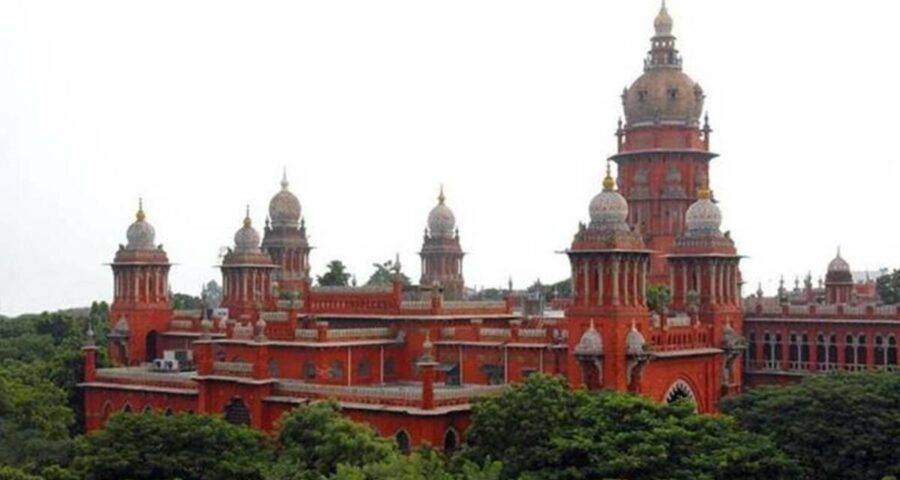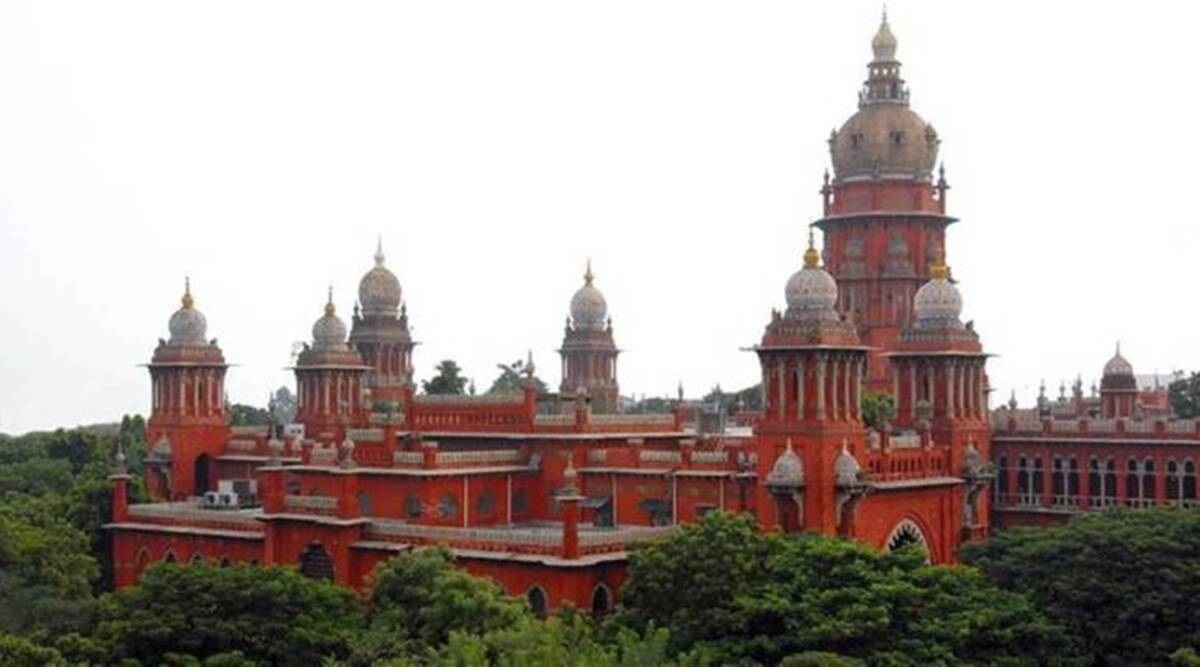The Madras HC bench said it was “very unfair and unreasonable” to reduce the number of MPs from 41 to 39 for successfully bringing down population as part of the national family planning programme.
CAN SUCCESSFUL implementation of family planning programmes of the central government be put against the people of the state by taking away political representations in Parliament, asked Madras High Court while hearing a PIL relating to de-reservation of the Thenkasi parliamentary constituency last week. Answering its own question, the court said, “Yes.”
The bench of Justices N Kirubakaran and B Pugalendhi observed that Tamil Nadu had 41 MPs in Lok Sabha till 1962 and it was reduced to 39 from 1967. “…two less than the original number merely because the state government successfully controlled the population and population growth by various measures,” the court said during the August 17 hearing.
It said it was “very unfair and unreasonable” to reduce the number of MPs from 41 to 39 for successfully bringing down population as part of the national family planning programme.
“Normally, a state government has to be honoured and complimented for successfully implementing central government’s policies and projects etc., and interests of such state cannot be adversely affected,” it said.
The court observed that not only Tamil Nadu, Andhra Pradesh and few other states as well had lost two seats in Parliament. “Those states which are unable to control population have been complemented with more representatives in Parliament as per the population of those states. Because of that two adverse things have happened, one is that the rights of the states which successfully implemented population control have been affected and the states whose population grew are credited with more people representatives.”
“This issue has to be considered very seriously, especially, when the Indian population is more than 138 crore, next only to China and in all probabilities, in 2050, India would be the most populated country…” the court said.
“Notionally, the contribution of a Member of Parliament in 5 years could be taken at least as Rs 200 crore, though it cannot be determined monetarily. Therefore, for every election, Tamil Nadu should be compensated with a sum of Rs 400 crore for reduction of two political representatives. If that is so, Tamil Nadu has to get the compensation for loss of two seats in 14 elections, viz., 28 seats, which amounts to approximately Rs 5,600 crore.”
The court recalled the 1999 event when late A B Vajpayee-led NDA government was voted out of power by one vote. “When one MP vote itself was capable of toppling a government, it is very shocking that Tamil Nadu lost two MPs because of successful implementation of birth control in the state,” the court said.
The loss of two seats cannot be compensated and that “at least, the number of representatives in Rajya Sabha should be increased”, it said. This is the only way, the court said, the Centre can do justice to the states, which successfully implemented the birth control programmes as per its policy.
The PIL sought that Tenkasi be made a general constituency. Claiming that he was not against reservation of constituencies for SCs and STs, the petitioner said it should be done on rotation basis, so that reserving one constituency for years together could be avoided.
Issuing notices to concerned authorities for their replies, the court said: “Keeping one constituency alone as a reserved constituency for a long time would definitely violate the rights of the other sections of society to get themselves elected by contesting the elections.”
Source: Read Full Article


